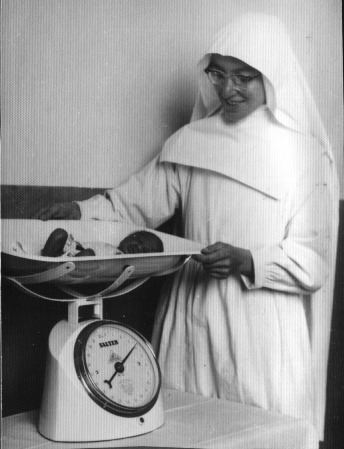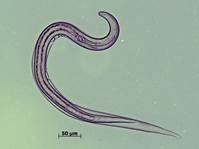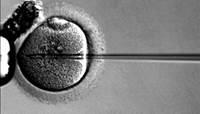Global Historical Demography & Health

The Chair Group Economic and Social History's research profile comprises the global history of health, population, social inequality, and sustainability focusing on the role of spatial, economic and sociocultural contexts on health and population. The group’s themes are closely related to the University of Groningen’s central focus areas "Sustainability" and "Healthy Ageing" and build on the substantive and geographical expertise on the (Northern) Netherlands, Europe, Latin America, Asia and sub-Saharan Africa that exists within the group.
The group's research is concerned with the history of health behavior, health practices, and health norms from the 19thc onwards, done from a comparative regional perspective. This allows us to contextualize findings within their economic, social and cultural setting and to understand differences and similarities across contexts. The transnational perspective allows looking for the many different connections and interactions linking people and institutions across the borders of the nation-state.
Researchers

Prof. Dr. Hilde Bras holds the chair in economic and social history at the University of Groningen. Her research comprises the social history of global health. It examines reproductive health (infertility, unintended birth, childbearing trajectories, child nutritional status) across sub-Saharan Africa and the Netherlands since the 19th century

Dr. Daniel Franken focuses on health and living standards in Brazil in the 19th and 20th centuries also using anthropometric data. A future large project examines global hookworm infection and the effects of interventions by the Rockefeller Foundation to eradicate the disease

Dr. Yuliya Hilevych focuses on the comparative history of reproductive health, especially of the 20th century. Her current project is on the social history of infertility and assisted reproductive technologies in postwar Britain. Her previous research was on the history of abortion and birth control in Soviet Ukraine, after which she also did work on adoption and family planning policies. She was recently awarded an ERC Starting Grant for her project titled 'Coping with decline: Comparative social-historical analysis of depopulation and community welfare in Europe, 1950-2022 (DEPOP)'
Dr. Richard Paping’s main question is: ‘How high is mortality in the case of exceptionally unhealthy circumstances and what caused personal differences in survival in such cases?’ He has conducted a number of case studies around this theme including a study on people’s survival chances during the Christmas Flood of 1717 in Groningen, extreme excess mortality of juvenile orphans living in Dutch pauper colonies, and the extremely low survival chances of Jews during the Second World War in the Groningen countryside
Dr. Vincent Tassenaar tries to understand regional and social group differences in the biological standard of living by looking at people’s stature. His latest project looks at one of the most vulnerable groups in nineteenth-century society: female beggars
PhD Projects
-
Dino Sevdalakis works on the project titled 'Fertility and Morality Transitions in West Africa, 1890-1960'. He asks the question on what the roots are of the present-day population boom in sub-Saharan Africa. He traces colonial legacies by looking at 19th and early 20th century health interventions in West Africa by using colonial civil registers, surveys and censuses in creative new ways
-
Esther Smeenge looks at how Catholic gender norms were transferred through the education of young African girls and women by female missionaries using course materials, photographs and obituaries
-
Ivana Zecevic uses a practice approach to comparatively look at nursing practices and reproductive health in colonial East Africa. She examines diaries, annual reports, and oral history interviews from five hospitals in Tanzania, Uganda and Malawi founded by the congregation of the White Sisters
-
Gijs Hoekstra works as part of the project Coping with decline: Comparative social-historical analysis of depopulation and community welfare in Europe, 1950-2022. His research focuses on how individuals and social organisations have experienced and responded to staying behind in depopulating communities in the Netherlands. He uses new and existing oral history interviews, as well as materials from provincial, community and personal archives.
-
Ilmari Railo works as part of the project Coping with decline: Comparative social-historical analysis of depopulation and community welfare in Europe, 1950-2022. The aim of the project is to examine the ways in which individuals and communities have dealt with decline in the Finnish context. By utilizing existing and new oral histories, the project will look into the interaction between healthcare provision and depopulation. In addition, he will study the archives of relevant public and community level organizations.
| Laatst gewijzigd: | 02 oktober 2024 14:04 |
